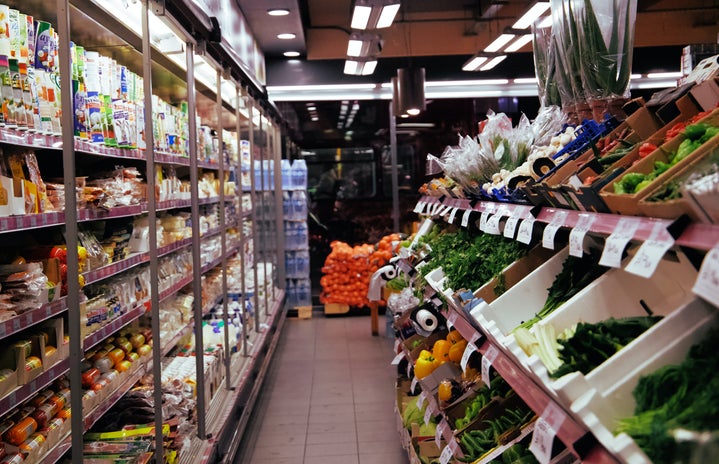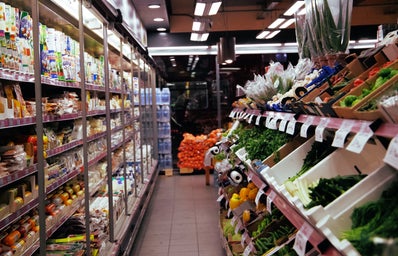According to The Annie E. Casey Foundation, a food desert occurs when residents of certain areas have limited access to affordable and healthy food because grocery stores are not within a convenient traveling distance. Food deserts are commonly found in low-income areas where people may not have cars or any other reliable form of transportation. Residents who live in these areas usually turn to fast food or other cheap and unhealthy options that can be found in convenience stores near them, which can ultimately lead to future health problems.
Everyone deserves an opportunity to have access to healthy and affordable food. According to the most recent food access research report published by the USDA in 2017, around 19 million people living in low-income areas had limited access to a grocery store or supermarket. Today, imagine how many more people live in these areas after the effects COVID-19 impacted the supply chain, businesses, housing market and jobs. Thankfully, there are a few wonderful organizations out there that are trying to make a difference for those living in food deserts.
Farm Express
Farm Express is an Arizona-based group that has a fleet of mobile markets that travel around to provide healthy and affordable produce to residents who do not have access to fresh foods regularly. They operate on the belief that “everyone deserves access to high quality fruits and vegetables wherever they live, work, learn and play.” Additionally, they provide residents with a schedule of where their mobile markets will be and that they accept cash, card and SNAP (government funded food assistance) benefits. You can donate here.
The Bulb
The Bulb is a donation-based,nonprofit, mobile farmers’ market found in and around the Charlotte, NC area. Their mission is to “provide mostly local produce, as well as education on health and wellness, to food insecure communities.” The Bulb does accept EBT. They also partake in something called food rescue where they “obtain quality food that would otherwise go to waste from places such as restaurants, grocery stores and farmers’ markets and distribute it to emergency food programs.” You can donate to The Bulb here.
412 Food Rescue
412 Food Rescue is an organization in the Pittsburgh, PA area that works with food retailers to prevent surplus food from going to waste. They rely on volunteer drivers, retailers, nonprofit organizations and other volunteer workers to get food to individuals who are in need. You can donate here.
Daily Table
Daily Table is a Massachusetts-based, nonprofit grocery chain “dedicated to providing fresh, tasty, convenient and nutritious food to communities most in need at prices everyone can afford.” They currently have three stores open in Dorchester, Central Square and Roxbury, MA. They work with growers, manufacturers and other suppliers to source high-quality food at low costs. They also make their services available to everyone by basing their prices on SNAP budgets. You can donate here.
It is with the help of organizations like these that we are able to combat food deserts and bring healthy and affordable food to those in low-income and low-access areas. Some other ways you could help in a food desert would be to grow your own produce in either a personal or community garden or organize a carpool with some neighbors to a grocery store. No one should have to live a life without access to healthy and affordable food. If we all stand together and help existing organizations, charities or create our own we can make a difference in aiding those who live in a food desert.

